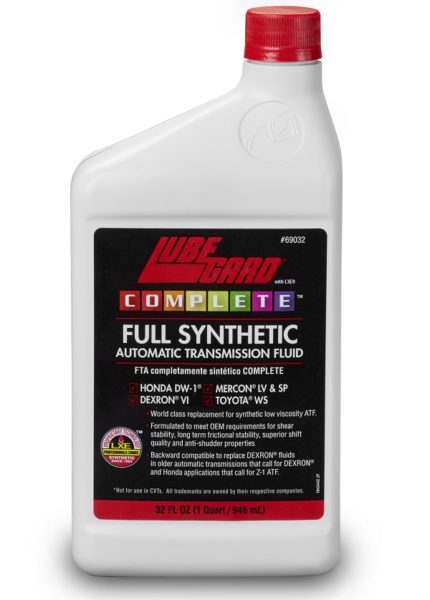Amsoil "Dominator" two stroke oil totally rocks in two stroke dirt bikes. This attached photos are of my KTM 300's head and piston after 240 hours of off road abuse. The specified change interval is 80 hours under racing conditions, but I trail ride, sometimes race, and am basically cruel and heartless - it was way overdue. Despite that, the ring end gap was still in spec, which is a testament to the oil and my anal nature about air filter maintenance on my dirt bikes :smile:
The parts shown in the photos look unbelievably good. The challenge with 2 stroke engines is to lube them well without gumming them up with carbon. Amsoil seems to have figured out that balance really well, as shown in the photos. I did not clean the head - that is how it came off the bike. Reports from 4 stroke dirt bike riders running Amsoil in their bikes are similar - parts look really good.
The 2nd pic of the piston shows the exhaust side, usually one sees blow by there after awhile, this one shows none, which is unreal. My quick and dirty method of checking a two stroke dirt bike engine's health is to pull the expansion chamber and look at the piston skirt. It it is clean, I run it some more :laugh: The streaks on the sides of the piston are from the transfer ports.
I am a believer, and have no doubt Amsoil engine oil is among the best one can buy. I have no experience with Amsoil ATF, but in high performance motorcycles, which are very tough on their lube, Amsoil performs really well. I am not about to take a car engine apart, but dirt bikes are a pretty easy way to see how well an oil works, as they do require periodic maintenance and are not so difficult to disassemble.







